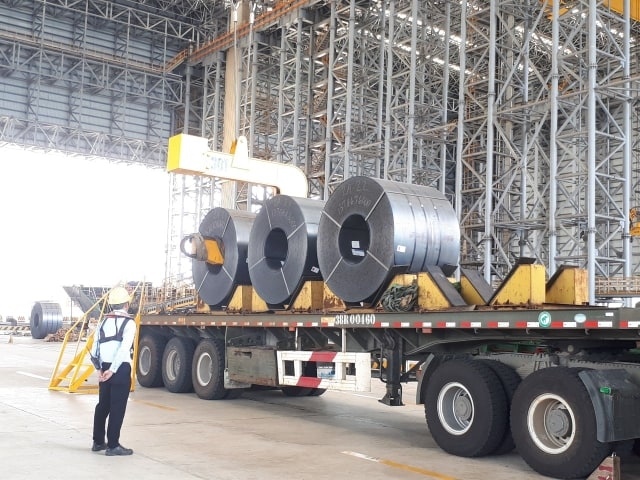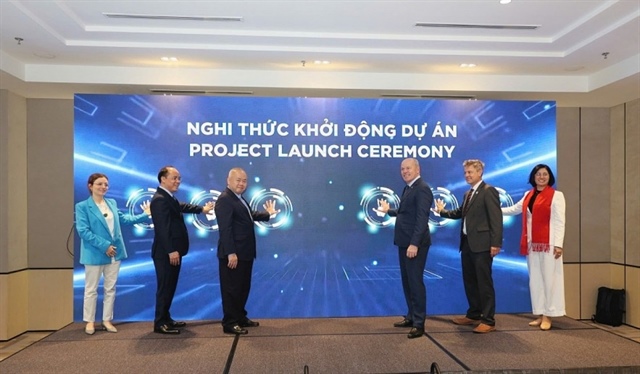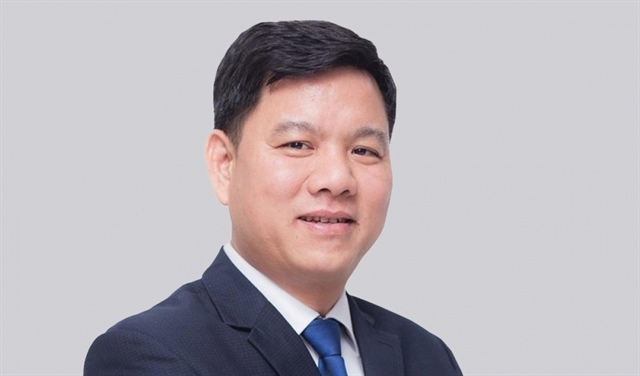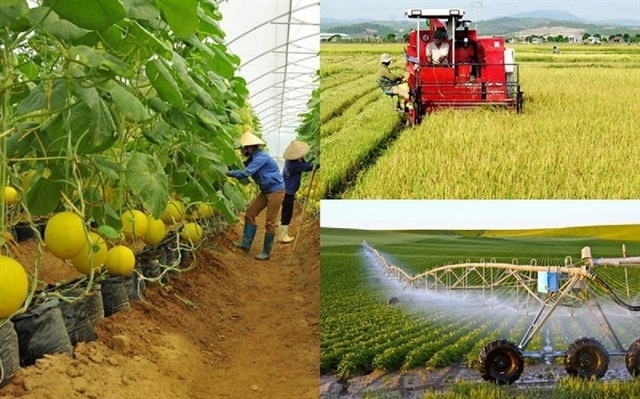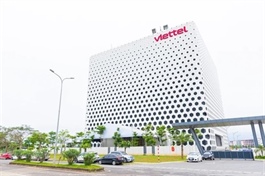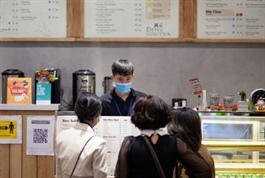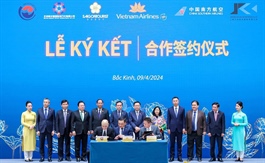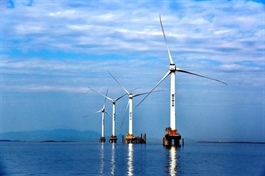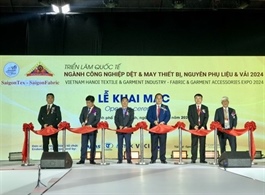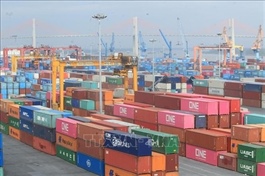Vietnamese Gov’t to expand list of electricity buyers under direct power agreement scheme
Vietnamese Gov’t to expand list of electricity buyers under direct power agreement scheme
The direct power purchase (DDPA) mechanism has been repeatedly proposed by foreign-invested enterprises to be piloted in Vietnam, as they believe it will have a positive impact on competition in Vietnam's energy sector.
The Ministry of Industry and Trade (MoIT) wants more participants in the direct power purchase agreement (DPPA) mechanism, rather than just industrial customers as originally proposed.
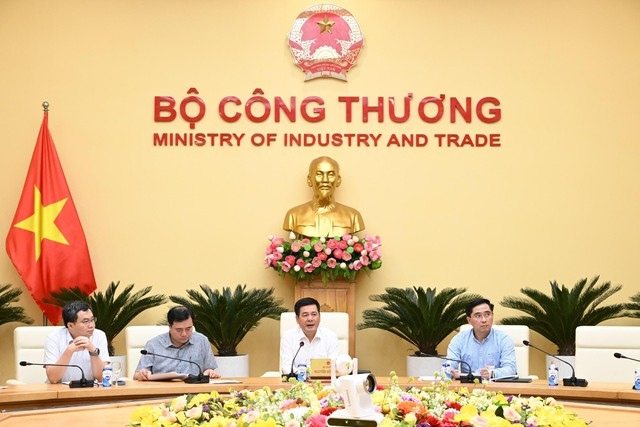
Overview of the meeting. Photo: MoIT |
Currently, the draft decree on the mechanism of direct power purchase between renewable energy generators and large electricity consumers stipulates that the direct power purchasers are organizations or individuals using electricity for industrial production. Meanwhile, the electricity suppliers are grid-connected renewable energy power plants (wind, solar) with a capacity of over 30 MW. Household consumers are not included in direct power purchases.
At a meeting on the draft decree on the DPPA on April 10, the Deputy Head of the Energy Saving and Sustainable Development Department at the MoIT Trinh Quoc Vu said that many other customers also want to participate in this mechanism. He also suggested that the scope of sellers should be expanded to include other types of energy, not just wind and solar power plants.
In response, Minister of Industry and Trade Nguyen Hong Dien said that the decree could expand the range of purchasers if there was demand.
“However, for sellers, careful consideration is needed to encourage the development of renewable and clean energy, including solar, wind, biomass, and hydropower,” Dien said.
He noted that it should be considered to expand the capacity without limits, but ensuring convenience for transmission. "There should be no limit on capacity, but there must be limitations on the type of energy to facilitate all parties," he said.

Vietnam is pushing for a greater share of renewable energy in total power consumption. Photo: The Hanoi Times |
The DDPA mechanism has been repeatedly proposed by foreign-invested enterprises to be piloted in Vietnam as they believe it will have a positive impact on competition in Vietnam's energy sector.
In fact, the draft DDPA mechanism was proposed by the MoIT two years ago, with an initial pilot capacity of 1,000 MW. At that time, many large corporations such as Samsung proposed to participate. However, to date, this mechanism has not been issued.
At the meeting, Minister Dien stated that the ministry has been working on the DDPA since 2019, consulting both domestic and foreign advisors. So far, the Government and the Prime Minister have agreed to draft the decree and have tasked the MoIT with carrying out the task.
Currently, the MoIT has established a Drafting Committee and an Editing Team to develop the Government's decree on the DDPA and the draft outline of the Government's decree on the DDPA, he noted.
"This is a critical issue for Vietnam and foreign investors," the minister said, adding that without this incentive mechanism, investment in electricity sources may lag behind schedule, affecting energy security.
" The Prime Minister has instructed that we must follow a streamlined mechanism, shorten the time frame, but ensure quality and compliance with legal regulations," he said.
Offering feedback on the draft, Dau Anh Tuan, Deputy Secretary-General of the Vietnam Chamber of Commerce and Industry (VCCI), said that the decree is a solid legal basis for implementing direct power purchase between power generators and customers. He emphasized that the decree needs to define the procedures, rights, and responsibilities of all parties. Additionally, the administrative procedures should be clear and easy to follow.
According to Tran Viet Hoa, Director of the Electricity Regulatory Authority under the MoIT, the DDPA cannot be separated from regulations on investment, planning, electricity development mechanisms, electricity prices, and transmission in Vietnam.
The MoIT is expected to submit this draft to the government in late April or early May.


